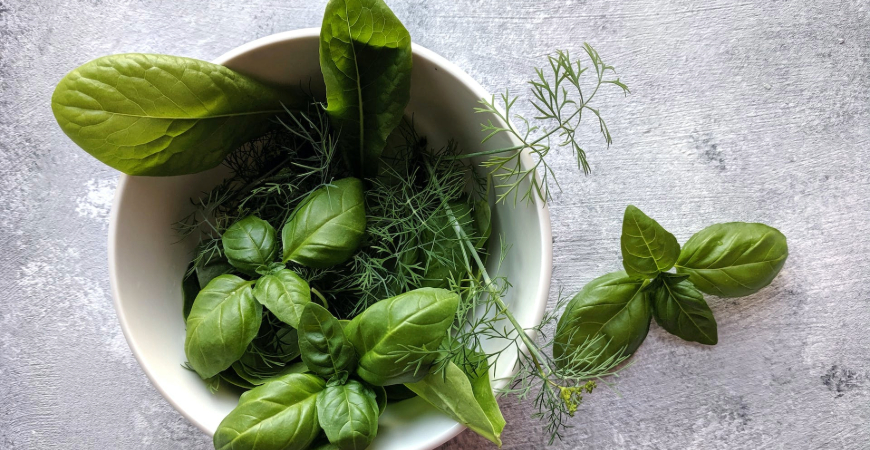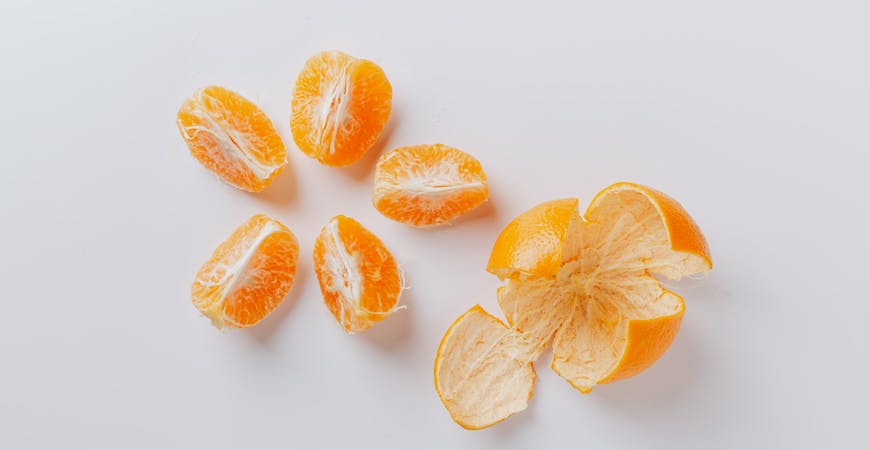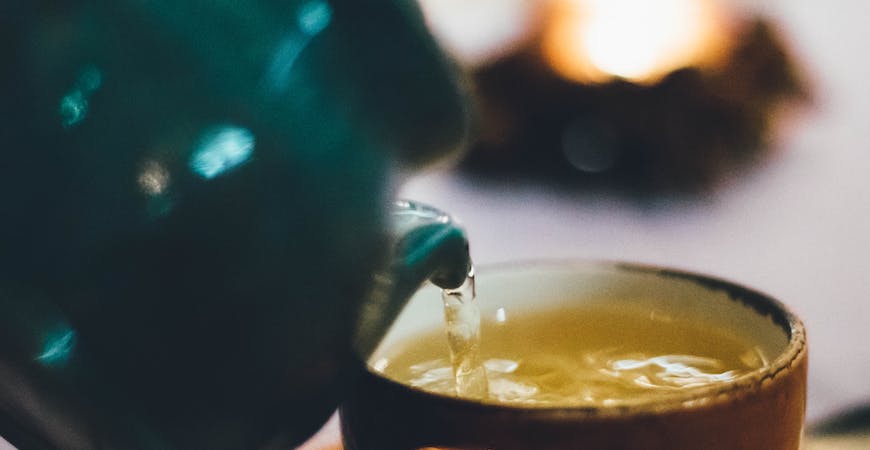
Attack Cold and Flu Season With Herbs From Your Garden
No one likes being sick. Instead of hiding away indoors as the sickness spreads, head to your garden and use herbs for cold and flu season.
Your garden could offer a bounty of ingredients that alleviate symptoms, boost your immune system, and get you feeling better quicker.
Not sure where to start? Keep reading for some of our favorite herbs for cold and flu season.
Boost Your Immune System With Herbs and Spices
When it comes to your health, it’s always best to seek advice from a medical professional. They’re best suited for identifying what ails you and providing a path to recovery.
So, while we will provide links to studies and info on how to use herbs to boost your immune system, always make sure to check with your doctor first.
With that in mind, let’s talk about your indoor herb garden.
Yes, you can use its offerings as ingredients in holiday cookies. However, as one meta-study shows, those same herbs may prove beneficial to your immune system.
In fact, research supports consuming many herbs for immune system support.
- Basil
- Cilantro
- Oregano
- Rosemary
- Sage
- Spearmint and peppermint
- Thyme
The botanists among us may notice that several herbs mentioned on this list are part of the Lamiaceae family. These plants contain high amounts of rosmarinic acid, which has been known to have antioxidant and anti-inflammatory properties.
Additionally, the same meta-study mentioned above also provides some support for the use of common, garden-variety spices to help your immune health:
- Black pepper
- Cinnamon
- Cloves
- Cumin
- Garlic
- Ginger
- Onion
- Turmeric
With both the spices and herbs, there appears to be some benefit whether you use them in their raw form or cook them. Infusing these ingredients into hot water can produce a tea with potentially positive health effects. (Even without those ingredients, hot water can aid nasal congestion and soothe sore throats.)
Again, these herbs aren’t a substitute for modern medicine. However, they may give your immune system the extra potency it needs to fight off a cold or the flu.
The Best Herbs for Cold and Flu Symptoms
Of course, we will all get sick at one time or another. At that point, we still need our immune system strong, but we’ll also need some help alleviating symptoms.
Vitamin C has often been pointed to as a potential cold-and-flu-season savior. However, research varies as to how helpful this common supplement truly is.
A 2013 review of scientific literature found that taking vitamin C regularly does not reduce the chances of catching a cold. However, there is some correlation between regular vitamin C use and a slight reduction in how long you feel its symptoms as well as the cold’s severity.
We should also note that you’d need to provide your body with a constant vitamin C boost to receive those benefits. Using herbs packed with this potent vitamin after symptoms appear seems to have no effect.
For options from your garden that are high in vitamin C, consider these options:
- Barbados cherries
- Cilantro
- Hibiscus
- Orange and lemon peel
Zinc is also a common home remedy for colds. While the science is mixed, some studies show that it can help you feel better sooner, especially when consumed within a day or two of first experiencing cold symptoms.
Of course, increased zinc use comes with a variety of side effects. So, don’t start guzzling herbs without first talking to your doctor.
There are a variety of herbs that can help increase your zinc intake:
- Basil
- Oregano
- Parsley
- Thyme
Beyond your garden, there’s also a common household ingredient likely already in your cupboard that can help reduce coughing and throat soreness: honey.
Our favorite British babysitter had it right when she sang that a spoonful of honey can help the medicine go down. What she didn’t acknowledge, though, is that the sweet, sticky stuff can perhaps also serve a medicinal purpose all its own. (Please note that you should never serve honey to anyone younger than 12 months.)
Cold and Flu Herbal Recipes
As stated above, much of the research surrounding using herbs for immune system support doesn’t necessarily specify whether the herbs should be consumed cooked or raw. However, we can’t imagine that anyone will find it pleasant to choke down a handful of chopped basil and parsley at the first sign of a sniffle.
In most cases, teas offer the most benefits of any herbal remedy. You can infuse a variety of different ingredients in them, and the hot water may ease congestion.
(That said, if you’re looking for something cold to numb any throat pain, we can recommend a spicy, ginger-infused ice cream. This recipe requires an ice cream maker as well as the patience and energy to make this custard-based treat.)
One of our favorite cold and flu tea recipes calls for many of the ingredients listed above. If you don’t have some of the less common components — such as astragalus or angelica root — you can also swap them out for your preferred herbs or spices.
If nausea makes consuming foods or liquids a goal for another time, you can still use herbs to help alleviate some symptoms.
Try steeping eucalyptus, ginger, thyme, or other herbs in boiling water for five to 10 minutes. Then, cover your head with a towel and breathe in the steam.
You can also hang the dried herbs in your shower while treating yourself to a long, steamy, spa-like experience. Even without the herbal additions, the humid air can loosen congestion.
Other Ways to Prevent the Cold and Flu

While there are many herbs for cold and flu relief, prevention always beats a cure. With that in mind, here are some ways to reduce your chances of getting sick with the cold or influenza:
- Avoid close contact with sick people
- Cover your mouth and nose when coughing or sneezing
- Don’t touch your eyes, nose, or mouth.
- Stay hydrated
- Get vaccinated before flu season begins
- Get plenty of sleep
- Reduce stress
- Stay home when you’re sick
- Wash your hands often.
- Eat healthy.
Disinfecting frequently touched surfaces at both work and home can also play a critical role in reducing the spread of colds or the flu.
Wet & Forget Indoor kills 99.9% of bacteria and viruses on hard, non-porous surfaces.* Simply spray the surface, allow it to remain visibly wet for at least 10 minutes, then wipe clean or let air dry.
It contains no bleach and gives off no irritating fumes. So, it’s safe to use on virtually any indoor surface, including frequently touched ones like countertops, door handles, fixtures, and tables.
*As a disinfectant, Wet & Forget® Indoor Mold+ Mildew Disinfectant Cleaner kills: Pseudomonas aeruginosa, Salmonella enterica, Serratia marcescens, *Human Coronavirus,*lnfluenza Virus Type A/ Hong Kong, *SARS Associated Coronavirus cause of Severe Acute Respiratory Syndrome, *SARS-Related Coronavirus 2 SARS-CoV-2 cause of COVID-19, *Vaccinia (Pox Virus), *Norwalk Virus (Norovirus), *Rotavirus.”
Give Your Immune System the Boost It Needs with Herbs for Cold and Flu Relief
If you start to feel the sniffle tickle, consider using herbs for immune system support. They can help alleviate symptoms, reduce the length of your cold, and give your body the boost it needs to fight off viruses.












